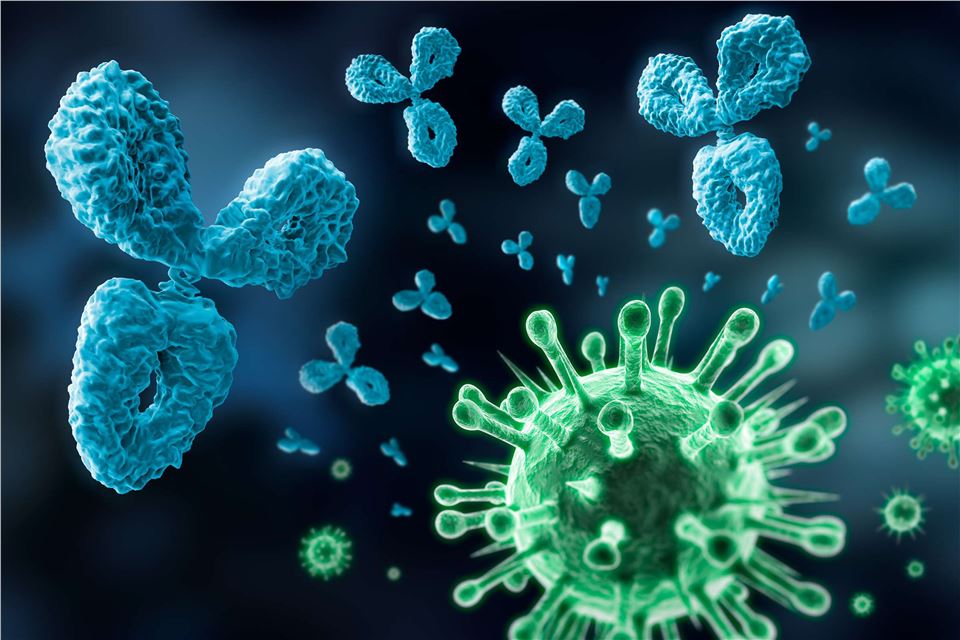Autoantibodies are antibodies that target the body's own tissues, organs, cells, and cellular components. They are closely related to autoimmune diseases. Normally, the body may contain low titers of autoantibodies in the blood, which do not lead to diseases. However, if the titer of autoantibodies exceeds a certain level, it can cause harm to the body and induce diseases. Some autoantibodies have been discovered to possess antagonistic activity. Due to their broad reactivity against various microbial components, they play a crucial role in the primary defense against many diseases. Therefore, the detection and in-depth study of these antagonistic antibodies can enhance the understanding of the pathogenesis of relevant autoimmune diseases and facilitate drug development for autoimmune diseases. Based on our rich field experience and advanced technology platform, Creative Biolabs provides comprehensive services for custom antagonistic antibodies to support antagonistic antibody therapy development.

Normally, the immune system recognizes and ignores the body's own cells, preventing it from producing antibodies against them. At the same time, the immune system avoids overreacting to non-threatening substances in the environment. However, under specific circumstances, the immune system fails to properly recognize the body's own substances, perceiving them as foreign invaders and producing antibodies against them, commonly known as autoantibodies. Autoantibodies may be generated due to the identical molecular structure between pathogenic antigens (such as bacteria, viruses, etc.) and the body's own components, leading to an immune response that cross-reacts with these antigens. On the other hand, certain infectious agents might denature self-antigens, prompting the immune system to produce autoantibodies against these newly exposed antigens. Antagonistic autoantibodies, on the other hand, are autoantibodies with antagonistic activity. The presence of antagonistic autoantibodies has been detected in a number of diseases. For example, some autoantibodies to the M3 muscarinic receptor (M3R) on serum smooth muscle are found in patients with primary and secondary dry syndrome. Some of these autoantibodies can act as antagonists, leading to autonomic dysfunction. The M3R mediates the stimulation of lacrimal and salivary glands by acetylcholine, as well as the contraction of bladder and intestinal smooth muscle and acetylcholine's effect on nitric oxide production in the vasculature. Antagonistic autoantibodies against cluster of differentiation 95 (CD95), which plays a crucial role in the treatment of patients with toxic epidermal necrolysis cancellation, are also present.
Creative Biolabs has a wealth of knowledge and experience in custom antagonistic antibodies. We would be happy to share our knowledge and experience in antagonistic antibody discovery by phage display with you.
All listed services and products are For Research Use Only. Do Not use in any diagnostic or therapeutic applications.